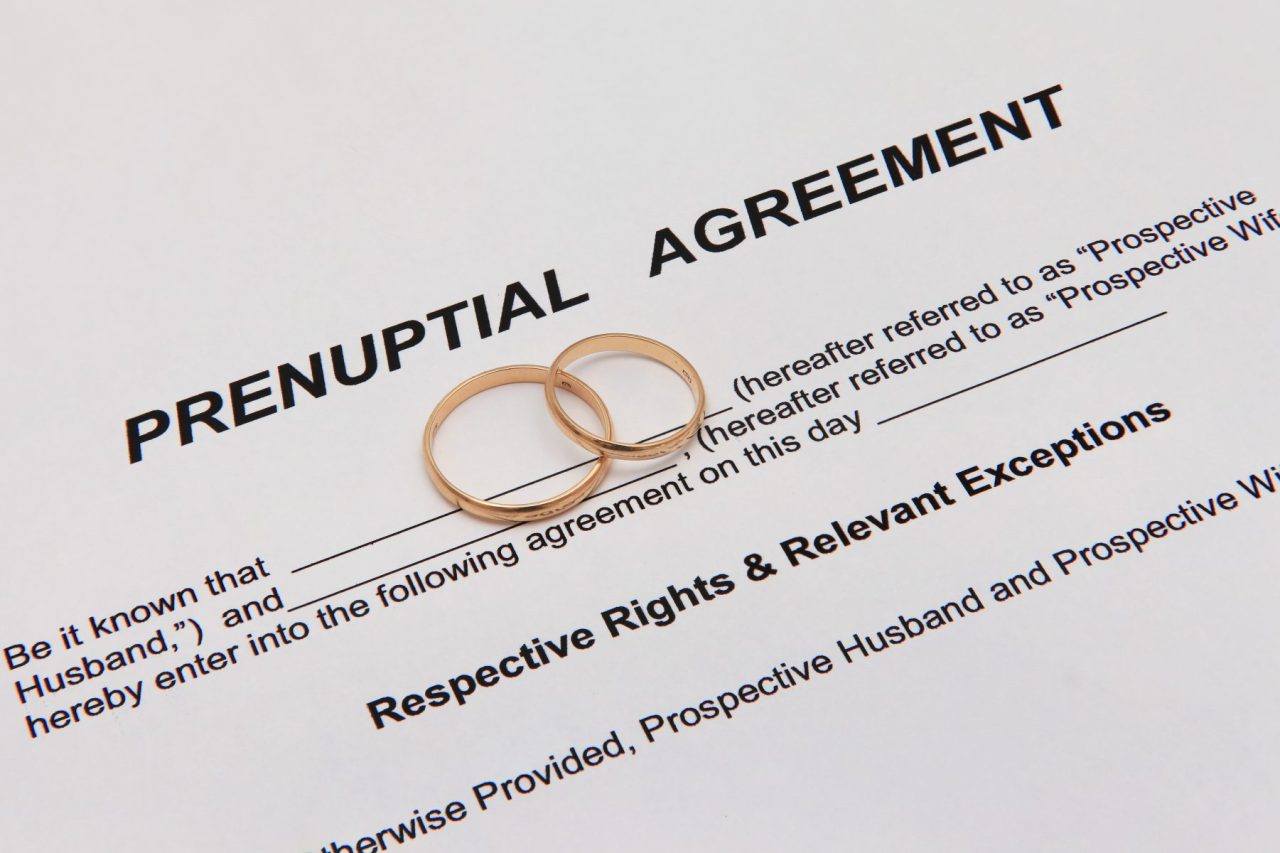Hardball negotiating and “callous” conduct leading up to the execution of a prenuptial agreement may not be the most romantic way to enter into a marriage, but it won’t be enough to invalidate a prenup, according to a recent New York court decision.
A “Very High Burden” to Invalidate a New York Prenup
As I discuss in detail here, New York courts will approach any challenge to a prenuptial agreement with a presumption of that it is enforceable. As one court put it:
“It is axiomatic that a duly executed prenuptial agreement is presumed to be valid and controlling unless and until the party challenging it meets his or her very high burden to set it aside.”
The January 2016 decision handed down in Gottlieb v. Gottlieb reflects that “very high burden.” In that case, the very wealthy husband met his future and soon to be former wife in September 2003, began living together in the beginning of 2004, and became engaged in September 2005.
Prior to the engagement, the husband told the wife, who was highly educated and employed in finance, that he would not marry her unless there was a prenuptial agreement, and the parties began to discuss terms. In October 2005, while negotiations were ongoing, the wife learned that she was pregnant.
The parties discussed the terms of the prenuptial agreement many times during the wife’s pregnancy, but no agreement was reached. The husband, however, told the wife that, on the advice of his attorney, he would not finalize the prenuptial agreement, or marry her, until after the child was born. In May 2006, the wife gave birth to a daughter, and the negotiations temporarily stopped.
In the fall of 2006, negotiations resumed. At all times during the negotiations, the wife was represented by a prominent and experienced divorce lawyer.
In April 2007, the wife learned that she was pregnant again. Notwithstanding her attorney’s advice not to sign the latest version of the agreement, the wife did so. The parties were married in May 2007 and their second daughter was born in November 2007.
The prenuptial agreement stated that each party had legal counsel of his or her own choosing “who advised him or her fully with respect to his or her rights in and to the property and income of the other and with respect to the effect of this Agreement and that such party understands such advice.” Each party acknowledged that the agreement was “fair and reasonable and not unconscionable,” and was entered into “freely and voluntarily and not as a result of fraud, duress, coercion, pressure or undue influence exercised by the other.” The agreement also stated that the parties had been advised that they might acquire other rights granted to divorcing spouses, but that such rights could be limited or forfeited by the terms of the agreement.
The terms of the agreement as discussed in the decision were certainly much more favorable to the husband, and when the parties divorced, the wife sought to invalidate the agreement and claimed it was unenforceable. The court disagreed.
Unfairness in a Prenup is Essentially Presumed
“It goes without saying that premarital agreements often involve substantial financial disparities between the parties, with the more-monied party seeking to protect his or her assets and business interests,” the court wrote. “If the unequal division of assets, or the failure to maintain the marital lifestyle, were to be the test used to determine validity, it would inevitably result in the setting aside of many, if not most, prenuptial agreements.”
In a concurring opinion, one of the judges noted that the wife clearly knew what she was getting into after years of negotiating with the husband about the prenup. The husband “indicated to his fiancée that he was not prepared to be generous with her in any way with respect to the emoluments of marital distribution,” and that “marriage to him required [the wife] to accept a hard bargain,” and that he “laid these cards on the table.”
“It is the entire constellation of events in the premarital life of this couple, as reflected in the record, that overwhelmingly demonstrates that the wife could not reasonably have reposed trust in the husband when she executed the agreement,” the concurring opinion said.
This decision is yet another affirmation that it takes a lot more than unfairness or buyer’s remorse to invalidate a New York prenuptial agreement.
If you have any questions or concerns about the enforceability of your prenuptial agreement, please contact Clement Law at (212) 683-9551 or fill out our online form to arrange for a consultation.


